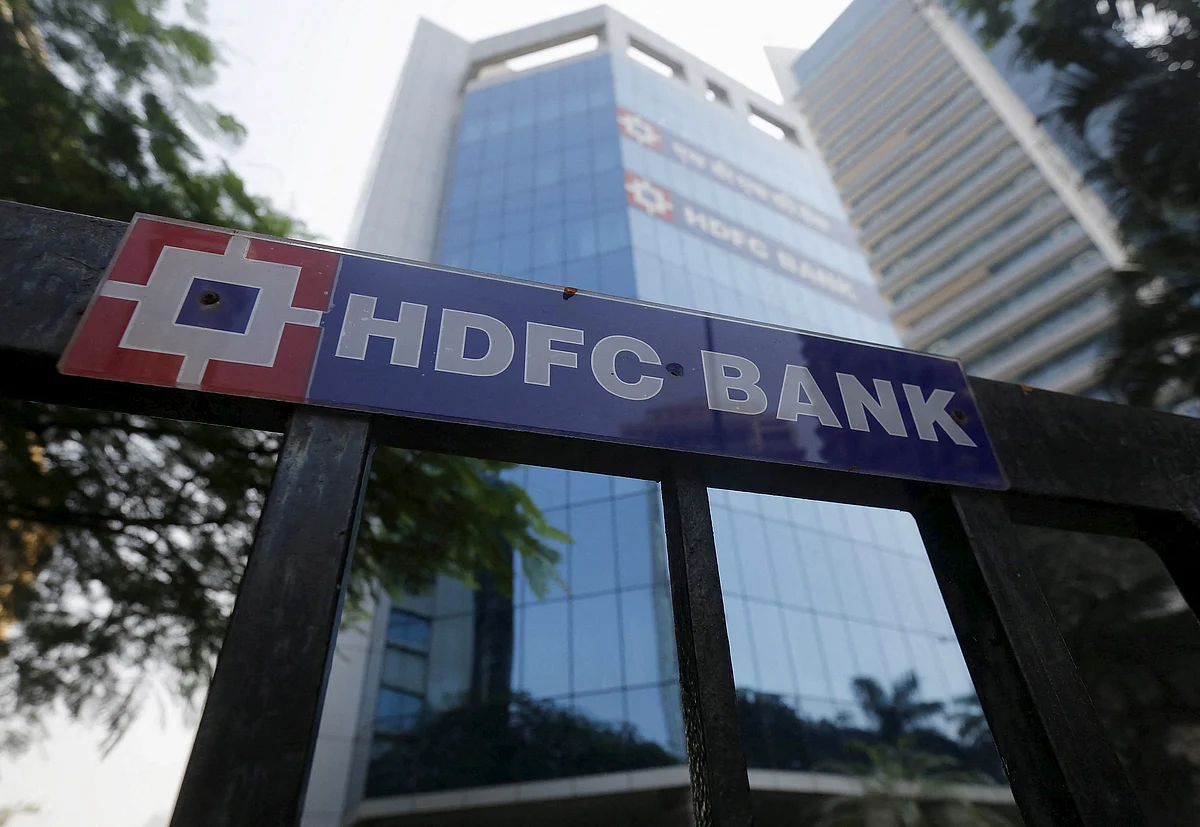
HDFC Bank Places Staff On Gardening Leave After DFSA Restricts Dubai Operations
India's largest private lender, HDFC Bank, has placed two senior executives on gardening leave as part of an internal investigation into the mis-selling of Credit Suisse Additional Tier-1 (AT1) bonds, according to a Bloomberg report out on Tuesday.
Gardening leave is when an employee leaving a job is told to stay away from work during their notice period but still gets paid. It's often used to keep them from accessing sensitive information or joining a competitor right away.
Recommended For YouThe development comes weeks after Dubai's financial regulator barred the bank's DIFC branch from onboarding new clients, following concerns over how such products were promoted to UAE-based customers.
Bloomberg reported that the two executives were involved in trades linked to Credit Suisse's AT1 instruments, which were written down to zero during the bank's rescue merger with UBS in 2023, wiping out billions of dollars of investor wealth worldwide, including in the UAE.
An HDFC spokesperson told Bloomberg the bank "has not come across any instances of mis-selling till now," but declined to comment on the decision to place the executives on leave.
DFSA actionSeveral UAE investors told Khaleej Times in June 2025 that they were sold AT1 bonds even though they did not meet DIFC eligibility thresholds. Some alleged their KYC profiles were altered to upgrade them to "professional client" status - a classification required for high-risk products. Regulatory findings that followed months later cited onboarding lapses at the bank's DIFC branch.
In September, HDFC Bank's DIFC branch was restricted from onboarding new clients after the Dubai Financial Services Authority (DFSA) found systemic weaknesses in documentation and client classification. The DFSA declined to comment on whether the latest internal action is linked to those findings.
These findings mirror the complaints raised by affected clients in the UAE, several of whom say they were not eligible for the product but were still sold the bonds. One such investor is Dubai resident Varun Mahajan, who says he lost $300,000 on Credit Suisse AT1 bonds.
He alleged that his KYC profile was manipulated to inflate his declared net worth from $400,000 to $2.4 million, thereby reclassifying him as a "professional client" and enabling the sale of high-risk products that would otherwise have been off-limits. Documents reviewed by Khaleej Times confirm the discrepancy.
Another Indian investor, NS, based in the Philippines, said he invested $200,000 in AT1 bonds through HDFC after being told they were "safe, fixed-income instruments." He claimed a leverage loan was opened in his name without his consent and that his investor profile was altered to reflect a higher risk tolerance than he actually had.
The internal investigation is understood to be in its final phase and is expected to determine which teams or supervisors authorised the disputed bond sales. Regulatory scrutiny in India is running in parallel, with both the Enforcement Directorate (ED) and Economic Offences Wing (EOW) examining similar complaints.
What are AT1 bondsAT1 bonds are complex, high-yield instruments that sit at the bottom of a bank's capital structure. They can be fully written off in a crisis, a fact many retail clients say was never explained to them.

Legal Disclaimer:
MENAFN provides the
information “as is” without warranty of any kind. We do not accept
any responsibility or liability for the accuracy, content, images,
videos, licenses, completeness, legality, or reliability of the information
contained in this article. If you have any complaints or copyright
issues related to this article, kindly contact the provider above.

















Comments
No comment